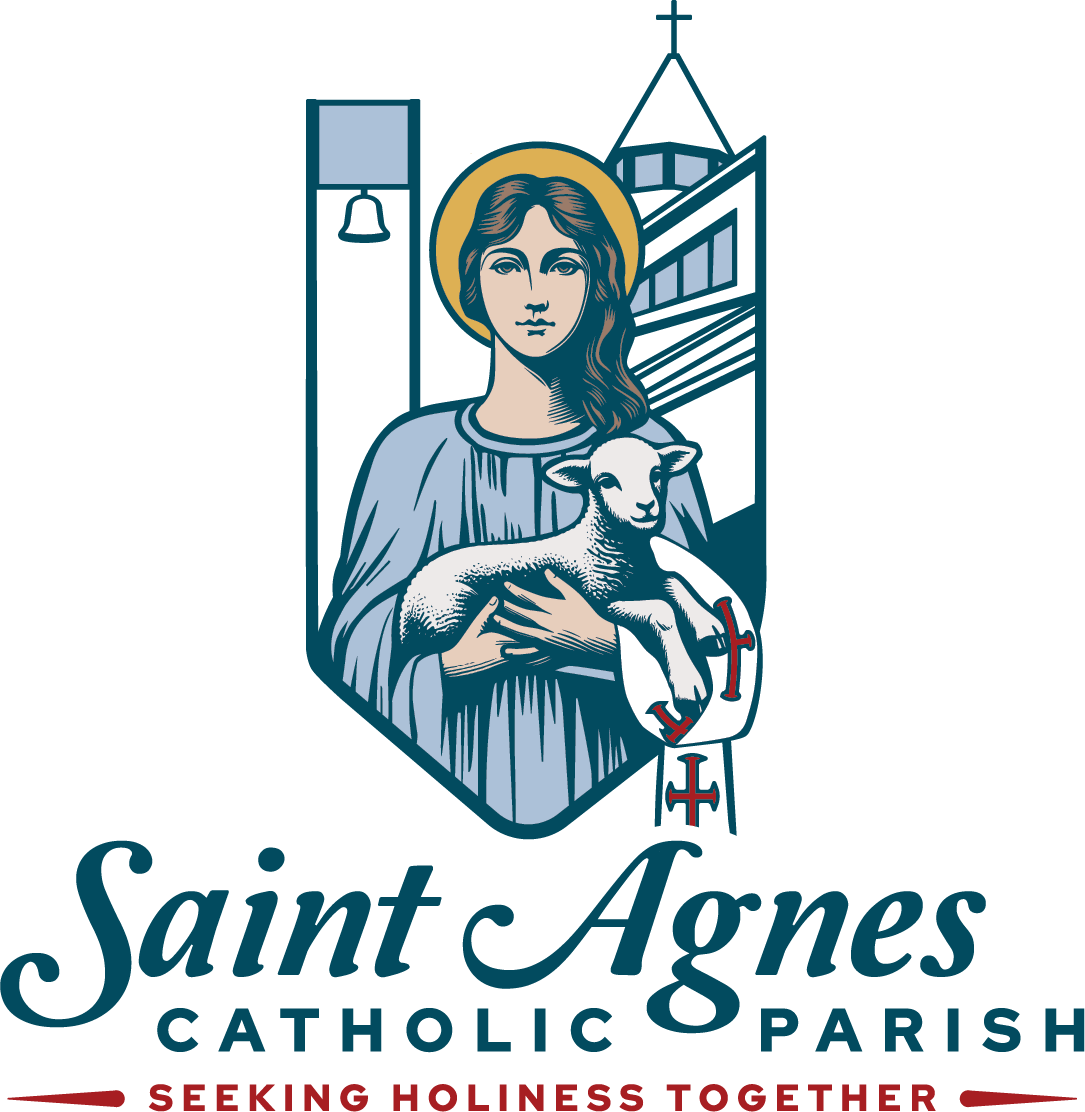Ascension Yr B- Dcn. Bill
Solemnity of the Ascension of the Lord
Have you ever created a “bucket-list” of things to accomplish or experience in your life? Before his ascension, Jesus gives us the ultimate bucket-list challenges for our eternal salvation: believe and be baptized . It’s not so easy for some to understand what all that entails.
Today we celebrate the Ascension of our Lord. Having resurrected from the tomb as victor over sin and death, Jesus, after 40 days, ascends into the presence of God his Father— and is exalted and enthroned at his right hand. As the Catechism of the Catholic Church teaches us: “Christ’s Ascension into heaven… signifies Jesus Christ is Lord…he possesses ‘all power in heaven and on earth.’ for the Father ‘has put all things under his feet.’ “(CCC 668). What a glorious picture and truth to behold.
During those 40 days before Jesus’ ascension, the apostles were overjoyed and strengthened by his appearing and teaching. Now he left for good. With Jesus ascended into heaven, these next ten days, called the Ascensiontide, could be perceived as the darkest days for the apostles since his death. Those 3 days were filled with fear and uncertainty. Now what would they do? Jesus left his devout followers on their own. But did he? Before leaving, he left instructions to his apostles to stay in Jerusalem and wait for the “promise of the Father”, the Holy Spirit,- who will baptize them with fire and power, and then, (as in our dismissal option), they were to “Go and announce the Gospel of the Lord”. They will be his witnesses, that is, someone who sees or tells of something important or amazing. In Greek, this person is called a martus, from which we get the word, martyr. But they were not yet ready to be witnesses without the Holy Spirit to help them.
How do we, practically, “’announce’ the Gospel of the Lord”? We announce through our actions, words, and thoughts while reading and sharing the Gospel messages and putting them into action in our lives through prayer, self-denial, the corporal and spiritual works of mercy, and the forgiveness of one’s enemies. For example:
- Donate your time and resources to feed, shelter, and clothe those in need.
- Pray and give comfort to those mourning in prison, and those in sickness, and death.
- Raise your children in a life of prayer and devotion by
adoring together Christ’s true presence in the tabernacle.
All these, and many others, “announce” the central themes of the Gospel: “The Kingdom of God is at hand” in Jesus Christ and “Love one another as I have loved you”.
As stated in the opening, Jesus gives us two requirements for salvation: to believe and be baptized. Sounds easy, a piece of cake! A bucket-list check-off: I believe (check); I’ve been baptized (check). I’m good to go! BUT what is entailed in true belief and in baptism? Can we believe in Jesus and his Gospel and be baptized into his Body, the Church, and yet choose to not observe all the commandments, doctrine and dogma, or fail to honor the sacramental vows and promises due his Church? My point is that “believe” is a single word with profound meaning. To be a believer, is to profess the whole Christ- his Body, the Church, in all your life’s thoughts, words, and actions.
Believing is more properly associated with a faithful life lived in accord with the Gospel, striving for holiness and spiritual growth in prayer . This focus allows us to “announce” the Gospel message to our families, neighbors, and the world so that we too have an important role in the task of evangelization by the faithful witness of our lives. As the song goes, “They will know we are Christians by our love.” We must now manifest the Kingdom and build it up by using our God-given gifts by becoming witnesses of Christ for the salvation of our brothers and sisters. Believing is a never-ending bucket-list challenge.
While God has bound salvation to the sacrament of baptism, it is not an auto-check off your bucket-list either. The effects of the sacramental rite are purification and new birth in the Holy Spirit. We are indelibly marked as daughters and sons of God, no matter our sins. However, baptismal vows are made and enhanced at Confirmation, and they must be honored and lived. We must strive to keep this purification and Spirit within us throughout our lives as expressed in our beliefs in the Creed and in the Gospel. For example, “ Do you believe in the true presence of Jesus in the Eucharist when he says to his disciples, This is my Body; this is my Blood? “Baptism” and “to believe” are intimately united and both are necessary for salvation in ALL their profound and veiled meanings.
How, in the midst of your busy life, is the Holy Spirit moving your heart to give witness to the Gospel? Can you think of one important or amazing aspect of Jesus’ life and teachings to tell or, better, actualize to others?
Lord Jesus, seated at the right hand of the Father, your ascension is our glory and our hope. By your love for us you promise the Holy Spirit to empower and guide your Church to salvation. Give us courage, strength, and charity to build a world of justice and peace; to live and announce your Gospel for the salvation of souls and the glory of God.


